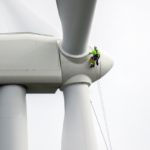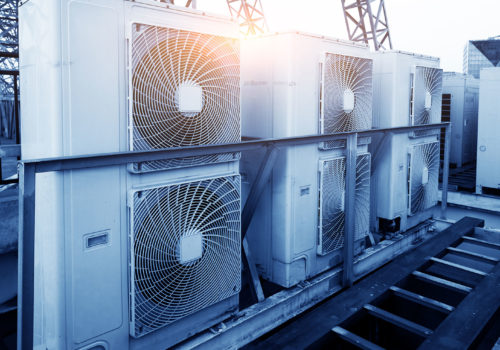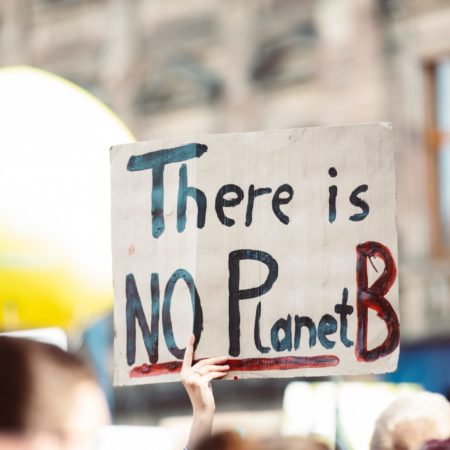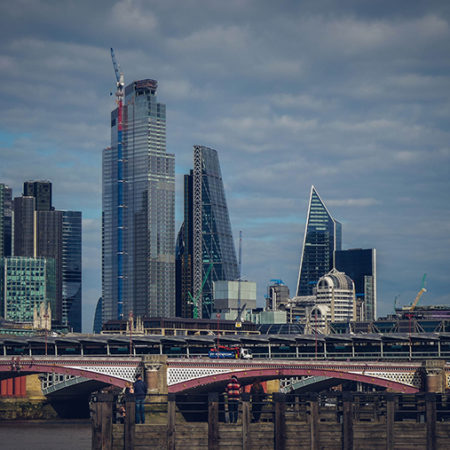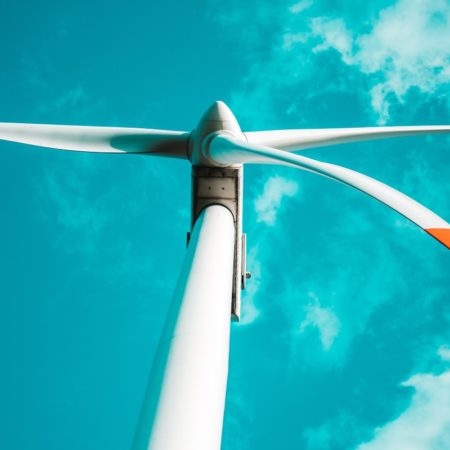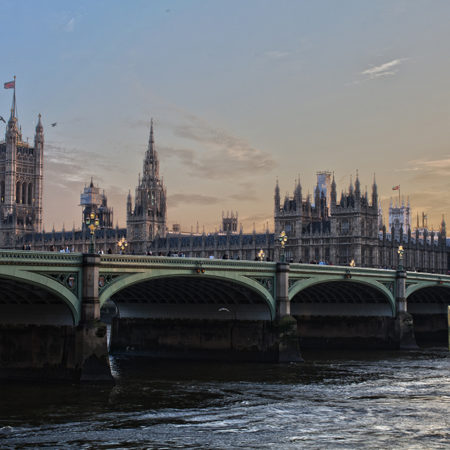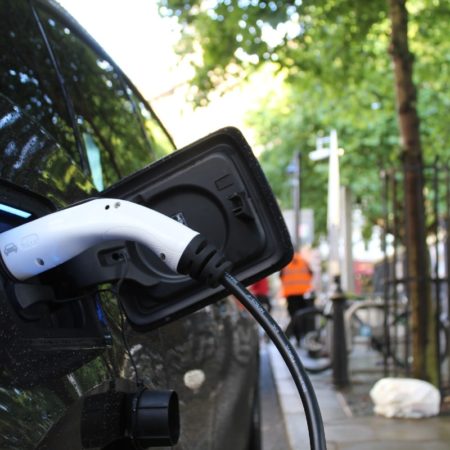A court in the Hague has ruled that Royal Dutch Shell must accelerate its carbon reduction efforts, in a landmark ruling which will have major consequences for other large carbon intensive organisations.
The ruling was as a result of legal action brought by Friends of the Earth Netherlands (also known as Milieudefensie) together with 17,000 co-plaintiffs and six other organisations. They argued that Shell is threatening human rights as it continues to invest billions in the production of fossil fuels.
The court ruled that Shell’s current carbon targets were “not enough” and ordered it to reduce its CO2 emissions by 45% within 10 years.
Earlier this year, Shell set out a target to cut the carbon intensity of its products by at least 6% by 2023, by 20% by 2030, by 45% by 2035 and by 100% by 2050 from 2016 levels. The court said that Shell’s current climate policy was “not concrete and is full of conditions”.
Judge Larisa Alwin said, “The conclusion of the court is therefore that Shell is in danger of violating its obligation to reduce. And the court will therefore issue an order upon RDS.”
Roger Cox, lawyer for Friends of the Earth Netherlands, said: “This is a turning point in history. This case is unique because it is the first time a judge has ordered a large polluting corporation to comply with the Paris Climate Agreement. This ruling may also have major consequences for other big polluters.”
Private sector responsibility
Shell had argued that that governments alone are responsible for meeting Paris targets, however the court found that “since 2012 there has been broad international consensus about the need for non-state action, because states cannot tackle the climate issue on their own”.
A Shell spokesperson said they “fully expect to appeal today’s disappointing court decision” highlighted the company’s investments in the net zero transition.
“Urgent action is needed on climate change, which is why we have accelerated our efforts to become a net-zero emissions energy company by 2050,” the spokesperson said, adding that Shell was investing “billions of dollars in low-carbon energy, including electric vehicle charging, hydrogen, renewables and biofuels”.




